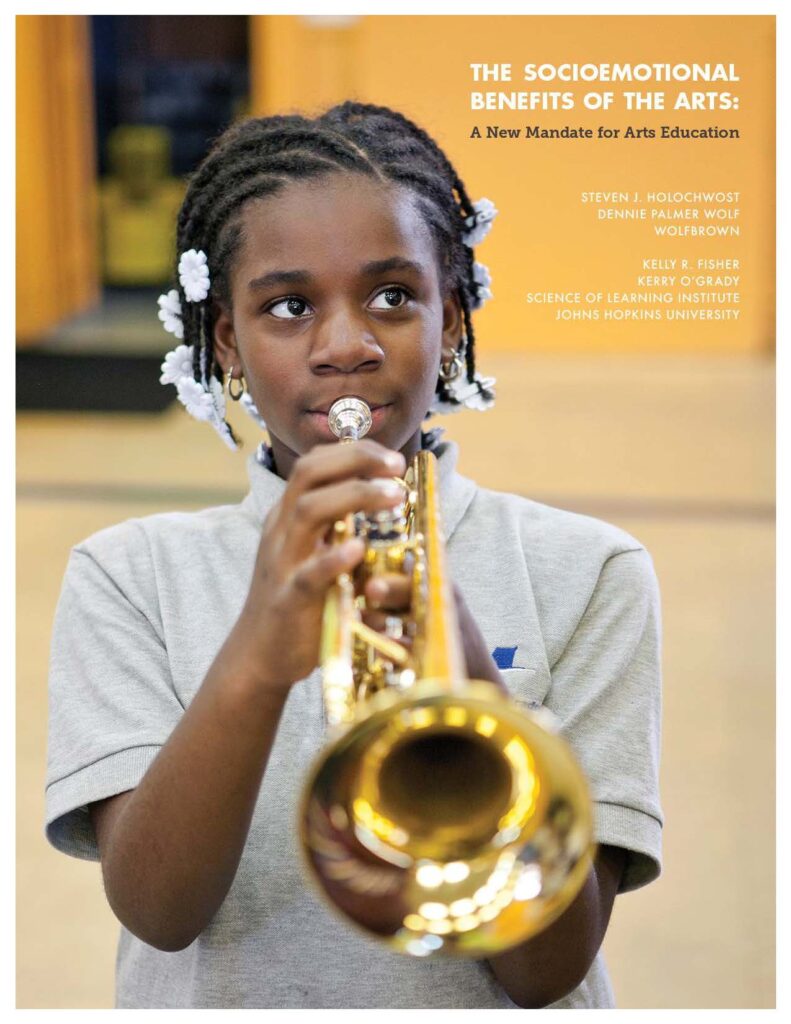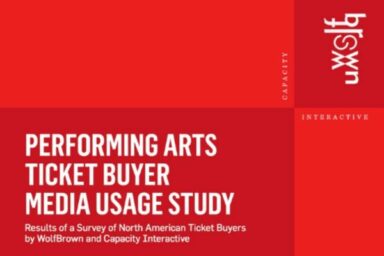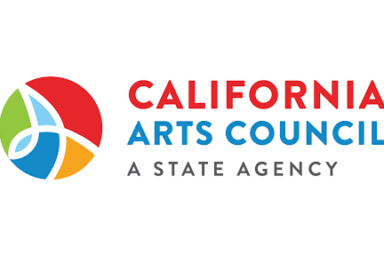There is an evolving and compelling mandate for investing in arts education based on an equitable distribution of educational opportunities. Such opportunities can foster students’ arts learning as well as their socioemotional development. Engagement in socioemotional learning (SEL) results in the acquisition of skills that are critically important for success in school and life, including the ability to manage behavior and make effective decisions, maintain a positive self-concept, and interact productively with others.
All young people need to develop these skills. In Philadelphia, students placed at risk by poverty have experienced a steady winnowing of experiences and opportunities that might foster socioemotional development. If arts education is to play a role in restoring these opportunities, the Foundation and the providers it funds must develop a deeper understanding of the specific domains of socioemotional development arts programs can nurture, learn how to design programs that foster these skills in diverse students and contexts, and assess whether programs are effectively building students’ socioemotional skills.

To begin building these understandings, the Foundation engaged WolfBrown to collaborate with Johns Hopkins Science of Learning Institute in an evaluation of a cohort of its 2015-2016 arts education grantees. After reviewing the literature on the capacity of arts education to foster socioemotional development, we worked with grantees to formulate a set of socioemotional outcome domains that might be unique to the experience of arts education—as opposed to those that could result from other extra-curricular activities, such as athletics or science clubs—but that were not likely to be specific to a single arts discipline (theatre, for example).
We formulated these guiding questions for our evaluation:
- Can arts education programs foster students’ socioemotional development in proximal domains: interest in the arts, tolerance for others’ perspectives, or cultural awareness?
- Can these programs foster development in more distal domains: perseverance, school engagement, growth mindset, or academic goal orientation, self-concept, or self-efficacy?




